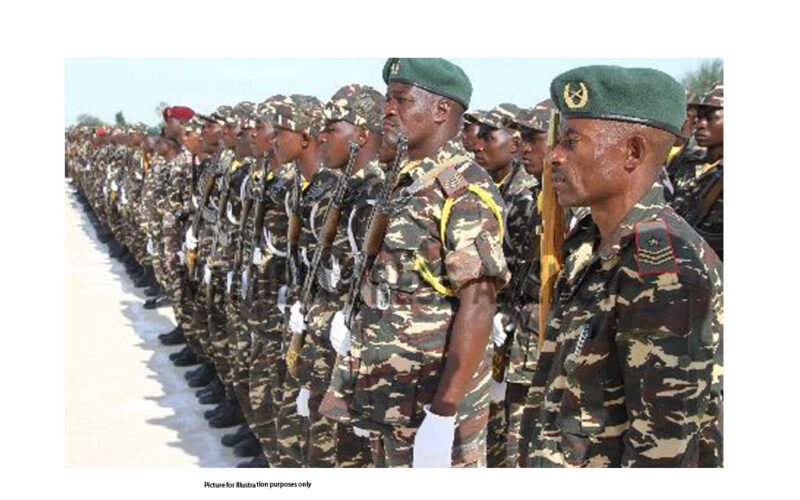Martin Endjala
The Ministry of Defence and Veteran Affairs (MODVA) has denied allegations that soldiers were coerced to vote for a particular political party during the special voting day held on 13 November.
Responding to claims made by Affirmative Repositioning leader Job Amupanda, MODVA executive director Wilhelmine Shivute on Wednesday refuted the accusations, emphasizing that soldiers exercise their civil rights independently.
“The soldiers participate in an election to exercise their civil rights and are not in any way mobilized or coerced to vote for a particular political party or movement,” Shivute explained.
Amupanda alleged that senior military officials pressured soldiers to vote for a specific political party during the special vote.
Shivute dismissed these allegations, asserting that MODVA remains strictly apolitical.
“The Ministry of Defence, which administers the Namibian Defense Force, does not involve itself in politics and ensures that the soldiers remain apolitical for them to be able to serve the government of the day and the public without fear of favour or bias. The ministry does not carry out any political activities, nor does it generate any funds in favour of or on behalf of any political party,” she said.
Shivute added that the ministry does not carry out any political activities, and it does not generate any funds in favour of or on behalf of any political party.
“Even Dr Amupanda, who is accusing the ministry, becomes the president of Namibia tomorrow. This ministry will stand with him and protect him at all costs,” she pointed out.
Following concerns raised by some soldiers and public members of alleged generals coercing their subordinates to vote for a particular party, the Electoral Commission of Namibia (ECN) this year announced that no polling stations will be set up at military camps.
The last time soldiers voted at the base camp was in 2019.
The Landless People’s Movement party, earlier this year, proposed to ECN to allow soldiers to vote on the same day as everyone to ensure that soldiers are not bullied, threatened, or forced to vote for a particular party that is of the liking of their generals.
Soldiers and other essential workers, including police officers, voted at public polling stations nationwide and at diplomatic embassies abroad on special voting day.
According to former defence minister Peter Vilho, the government’s policy only allows soldiers to participate in political activities when they are exercising their right to vote.
”During my time, I remember recalling a similar situation, but in most cases, you found that they resigned before they were confronted in any way. But yes, they are not allowed to involve themselves in politics,” he explained.
He said that if one is found guilty of political activity, a thorough investigation is done before taking action.
Vilho made reference to retired NDF Lieutenant-General Martin Shalli, who, after retiring, was participating in politics, stating that it is his right, as he no longer serves, and cited the backlash he got from the public as due to a lack of understanding from people.
The backlash stemmed from the public’s perception of former high-ranking soldiers, such as generals, as influential due to their military experience.
During an interview with this publication earlier this year, Shalli defended his active participation in politics, citing that it does not violate any laws.
“There is absolutely nothing wrong with me participating in politics,” he said.
Affirmative Repositioning (AR) party member Andemale Shikongo, who served as a leading seaman of the Marine Corps for the past 12 years, was discharged from the NDF in 2020 for standing as a local authority council candidate at Walvis Bay.




